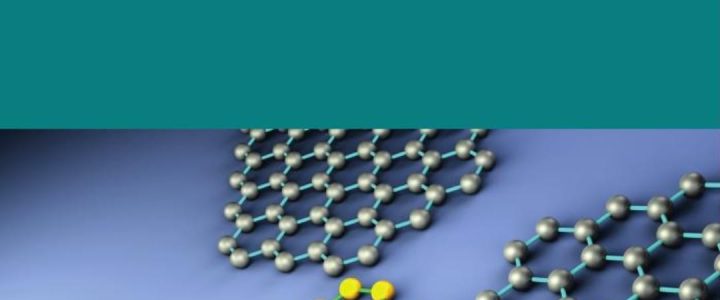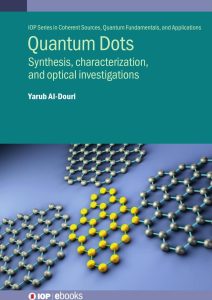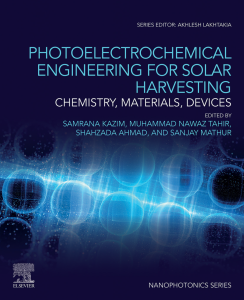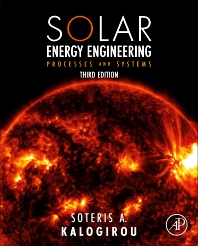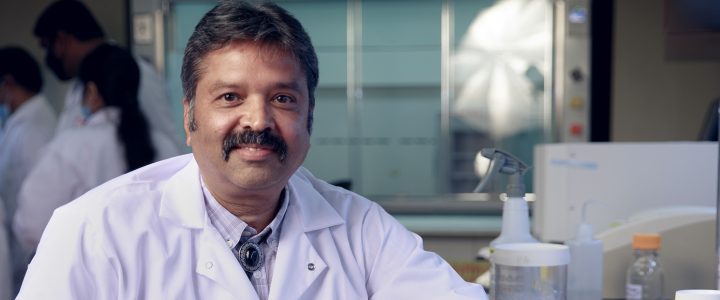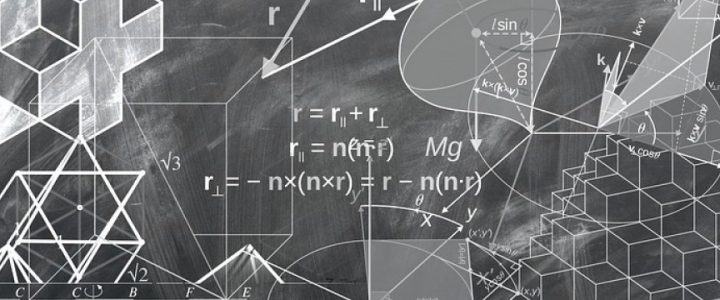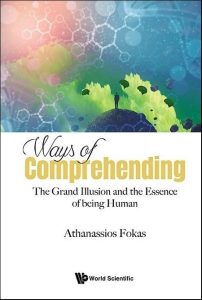
© 2024
Modern Mathematical Methods for Scientists and Engineers | A Street-Smart Introduction
Author: Athanassios Fokas (University of Cambridge, UK & University of Southern California, USA)
Published: October 2024
ISBN: 978-1-80061-514-4
o comprehend the world around us, we first have to decipher how our brains work. This book outlines a new approach to knowledge and comprehension based on the elucidation of several basic neuronal mechanisms. It explores the crucial fact that unconscious processes and conscious experiences form a continuum and, importantly, introduces the concept of metarepresentations. This fundamental notion captures the essence of being human, namely, what separates us from our evolutionary predecessors. Important examples of metarepresentations are language, mathematics, technology and the arts. The interdisciplinary, integrative approach of this book demonstrates how different disciplines and notions which appear disconnected are actually closely related. Furthermore, this approach elucidates how we think about topics such as mathematics, physics, painting, music and philosophy. Most significantly, it helps us understand the origin of our thoughts, feelings and actions, bringing deep insight and fulfilment or, more precisely, eudemonia.
Sample Chapter(s)
5: From Homeostasis and Consciousness to Metarepresentations: A Uniquely Human Characteristic
Contents:
- About the Author
- Acknowledgements
- Prologue
- Preliminaries
- Basic Notions:
- Introduction to Neurophysiology
- Introduction to Neuroanatomy
- Perception as the Solution of an Inverse Problem
- From Homeostasis and Consciousness to Metarepresentations: A Uniquely Human Characteristic
- The Transformative Role of Rerepresentations and Cultural versus Biological Evolution:
- The Origin of Metarepresentations and Language
- The Metarepresentations of Arts, Mathematics, Computations, and Technology
- Biological versus Cultural Evolutions
- The Interplay Between Unconscious and Conscious Processes:
- Innate Knowledge and Learning
- Memory and Learning
- The Neuronal Substrates of Unconscious Processes and Conscious Experiences
- Details of Visual Perception
- Light, Vision, and Art
- Functional Imaging, Brain Stimulation, and Medicine:
- The Functional Imaging Techniques of PET and SPECT and the Diagnosis of Dementia
- The Functional Imaging Technique of FMRI and an Astonishing Medical Application
- Different Types of Brain Stimulations, Parkinson’s Disease, Major Depression, and Bipolar Disorder
- The Interdisciplinary Nature of Medicine
- The Quest for the Hidden Reality:
- Abstraction and Generalizing are the Essential Features of Mathematics
- How Can the Problem of Consciousness be Solved?
- Epilogue
- Index
Readership: This book is suitable for any university student and university graduate independent of area of matriculation. The book will be equally useful to individuals in arts and the humanities, and ideal for a course within the context of Great Ideas.
For more information on this book, CLICK HERE
Antonio Damasio, a preeminent worldwide neuroscientist in the area of emotions-feelings, writes in his endorsement:”[…] In brief, we need to comprehend how we comprehend. This is the monumental enterprise that Athanassios Fokas has set for himself, and his new book shows that he is succeeding”. Also, the leading neuroscientist Nikos Logothetis writes: “A marvellous book. It is remarkable that questions which distinguished neuroscientists, including Noble Laureates, could not address, are answered by Fokas. If this book is studied, it will have a significant impact on our culture”.




